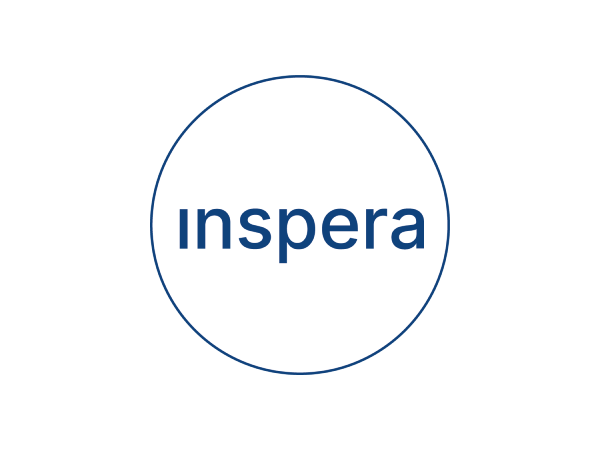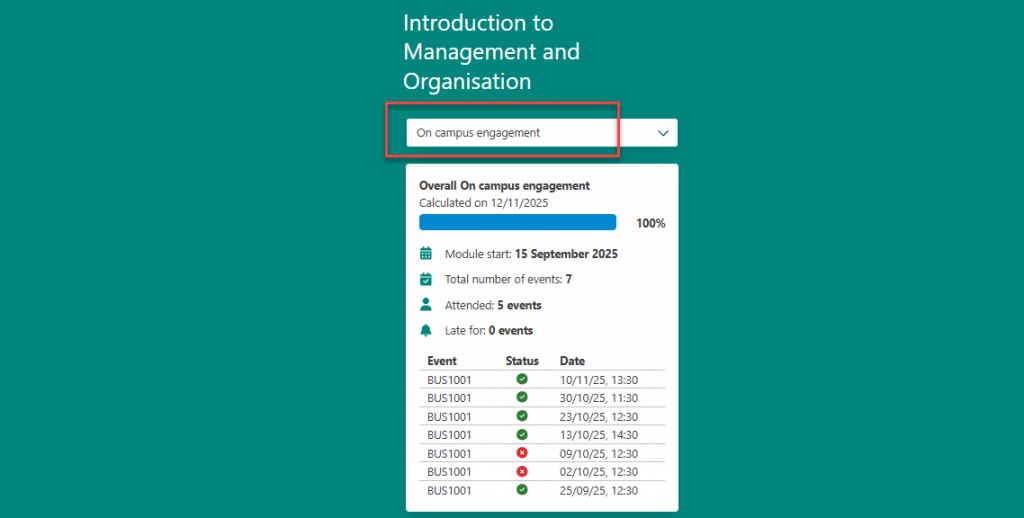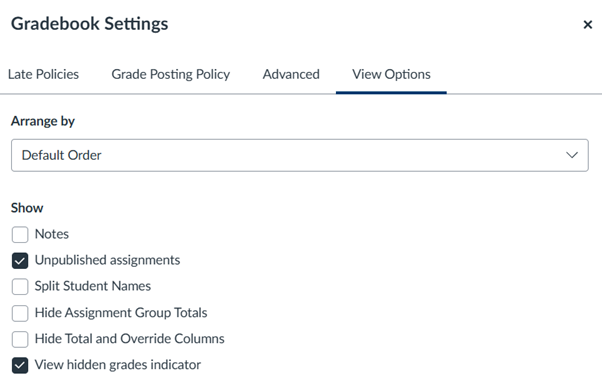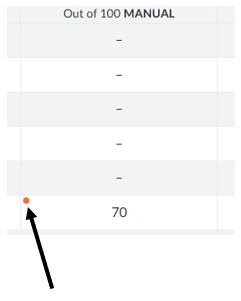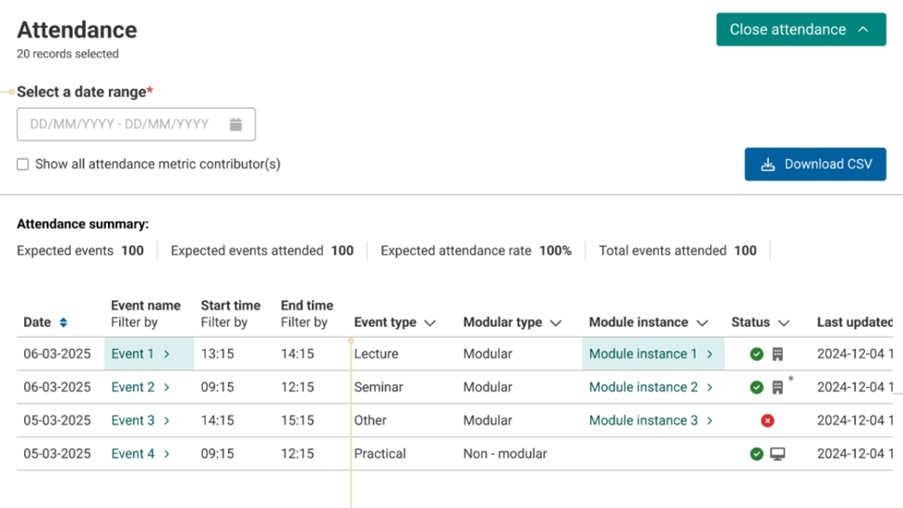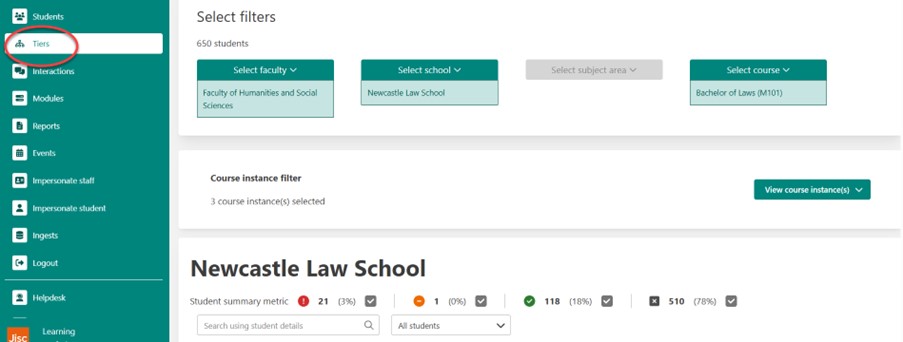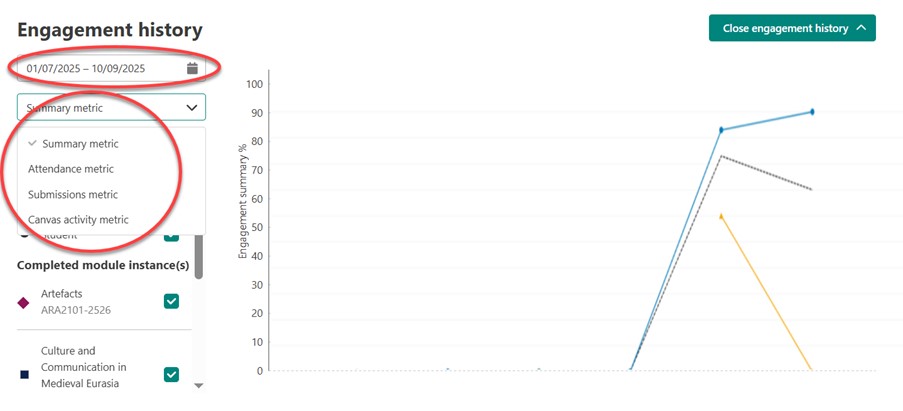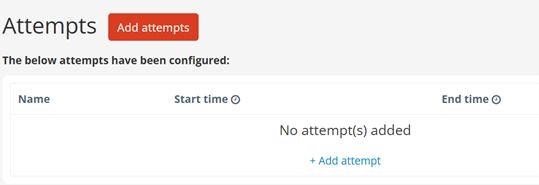
A little while ago we started a small reading group for colleagues in the Learning and Teaching Development Service to share ideas and discuss current issues and publications related to learning and teaching in Higher Education.
We set ourselves a couple of parameters to encourage engagement, as we had tried a journal club previously to not a great deal of success.
This time we decided to limit ourselves:
- to things that could be read or digested in around less than half an hour
- to try too keep the readings short and digestible
- to keep the discussion sessions to 30 minutes
- to use small groups for discussion of themes, impressions etc
Over the past few groups we have:
- Discussed David White’s blog post on The need for presence not contact hours
- Looked at the OfS brief on Principles Based Regulation
- Listened to Inventions in Sound: where the poet Raymond Antrobus explored the art of translating sound for the eye, looking at the poetic possibilities of closed captions.
Our next group will explore microcredentials by looking at the recent QAA quality compass paper – which way for micro credentials.
This will be the first meeting of a slightly expanded group which includes colleagues from FMS TEL .
We have one person running the group for 6 months (Me!) and I look after collating suggestions which come in from anyone who wants to suggest something. I try to have a range of different types of materials and cover a range of learning and teaching related viewpoints as our group has people who work in policy, practice, pedagogy, quality assurance, data and governance, professional development and all the intersections thereof.
Last time we listened to a radio programme about closed captions, which really made me think about how we approach captioning in HE. Some great ideas resulted from the session and it certainly got us talking!



